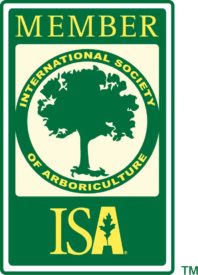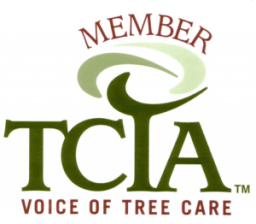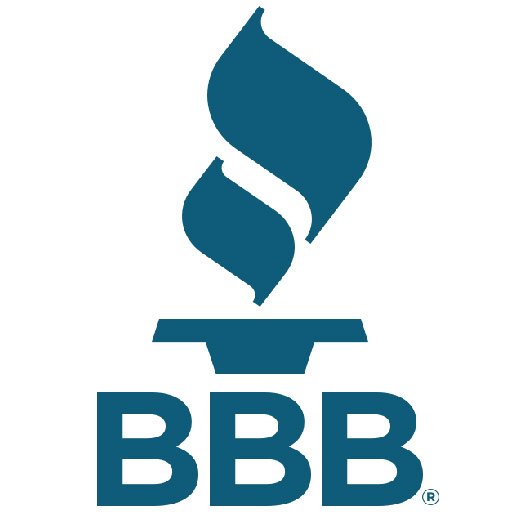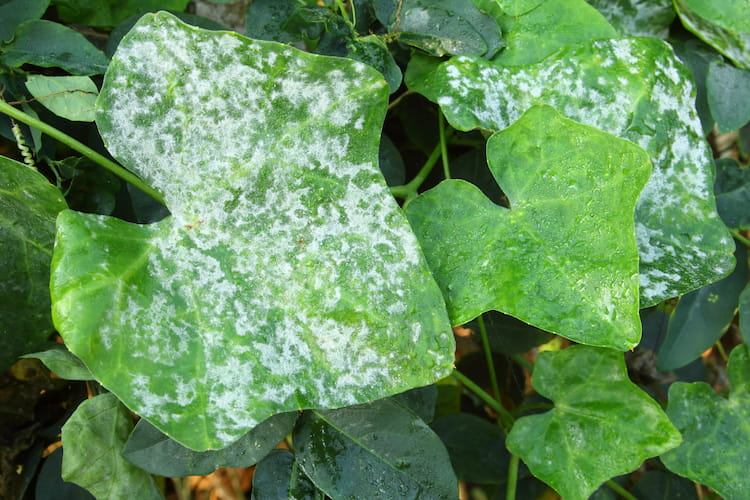Powdery Mildew Treatment in Fort Worth, TX
ISA Certified Arborist That Treats Powdery Mildew
Arborist USA provides Powdery Mildew Treatments for Trees, Plants, and more in Fort Worth, TX, and Surrounding Areas.
This unsightly tree and plant disease is easily recognized because it appears as if your plants and trees have been sprinkled with flour. It is widespread in Fort Worth and the surrounding cities, and certified arborists, experienced plant pathologists, and arbor care professionals are continuously battling it.
In the initial stages of infection, white dusty spots appear on leaves and foliage. It begins thriving in warm Texas spring weather and spreads rapidly by the wind. Contact an experienced tree company promptly when you first observe white spots on your leaves and foliage. Without treatment, powdery mildew will kill your trees and plants when this disease is advanced.
If you need Powdery Mildew Treatment in Fort Worth, TX, please get in touch with Arborist USA today at (817) 880-6130, your Sick Tree Disease Specialist.
Diagnosing Powdery Mildew Disease
Newer foliage growth is most susceptible to powdery mildew infection. A large group of fungal pathogens causes it, and many different species of fungi are responsible for triggering this plant and tree disease. Excessive soil moisture causes the fungal pathogens to thrive.
Overcrowded plants and tree branches prevent adequate air circulation. One infected plant will quickly infect your other plants. Trees that have suffered stress or wounds and have been weakened are vulnerable to infection, as fungal pathogens tend to target weak trees and plants.
Treatment Of Powdery Mildew
Take proactive measures and entrust the care of your residential outdoor environment to an experienced tree company. Diseased leaves and foliage must be trimmed using sanitized tools by a tree trimming service. Ground debris must be removed and destroyed. Regularly-scheduled pruning by a tree pruning company will ensure the plants and tree branches are not overcrowded and receive adequate airflow. Controlled watering utilizing drip irrigation and soaker hoses directed by an experienced tree company aids in keeping foliage dry.
A continual plant and tree health care maintenance plan designed by an arbor care professional will ensure that your residential grounds, plants, and trees always remain beautiful and healthy. The best arborist in Fort Worth, Texas, guarantees you will receive the plant and tree health care you desire and deserve. Our tree experts, certified arborists, doctors, and specialists adhere to the high arbor care protocols. We have many years of experience providing quality plant and tree health care throughout our community. Contact us at (817) 880-6130 and schedule your complimentary consultation.
If you’re concerned or have any further questions about our Powdery Mildew Treatments or other Tree Disease Treatments in Fort Worth, TX, or surrounding areas in North Texas, please call us at (817) 880-6130.
Fungal Tree Diseases
Listed below are common fungal diseases found in Texas trees.
Anthracnose
A common fungus in ornamentals, trees, and shrubs; causes a chlorotic color and spots destroying leaves.
Hypoxylon Canker
A fungus that causes cankers & death of oak & other hardwood areas of trees, a very common disease in trees.
Leaf Spot
A variety of factors cause a spot or browning of leaves. Typically caused by wet, humid weather conditions during spring.
Oak Decline
A general concept of an acute oak decline could be a variety of diseases subject to shade trees.
Oak Wilt
A rapid and destructive tree disease that is extremely aggressive in all oak trees, especially in Live Oaks.
Powdery Mildew
A white powdery appearing fungus (white spots) quickly covering the leaf surfaces and affecting all leaves around to turn brown.
Texas Root Rot
A over-saturation in feeder roots and root system in general, causing decay and lack of oxygen.
Seiridium Canker
Seiridium Canker is a fungal pathogen subject to ornamentals in the North Texas region.
Twig Blight
A variety of a different fungus attack subject to juniper, cedar, and arborvitae. Indicated on twigs that should be pruned.
Certifications




Our Reviews

A+ BBB Rating based on 31 BBB Reviews
4.6/5.0 based on 36 Facebook Reviews

Arborist USA is Rated 4.9/5.0 based on 109 Google Reviews
4.5/5.0 based on 14 Yelp Reviews

